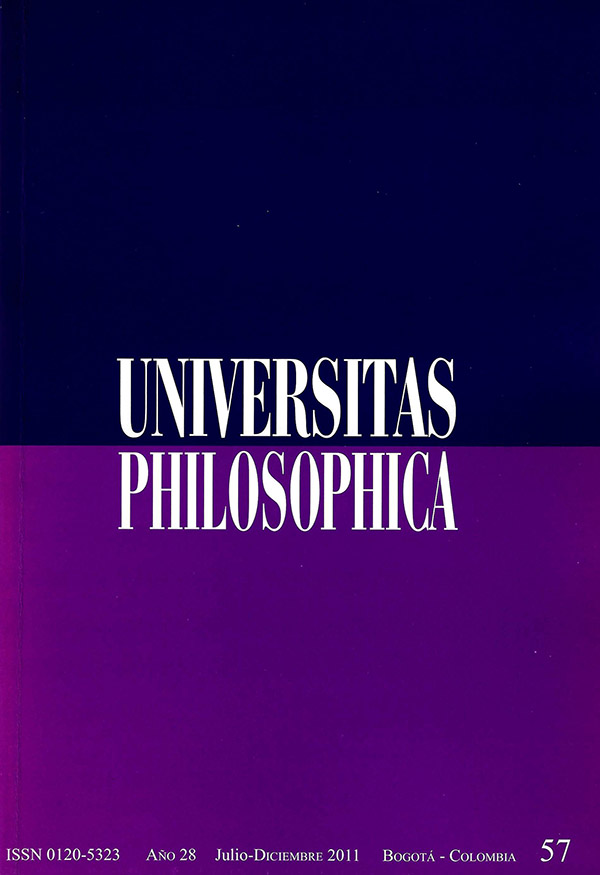Abstract
In this paper we examine the young Schelling’s first letter of 1795, Vom Ich als Princip der Philosophie oder über das Unbedingte im menschlichen Wissen, to the light of the programmatic intention of developing an “ethics à la Spinoza”. This aim not only involves going beyond the methodological intent of a critical philosophy of Kantian inspiration, but also seeks to fully address the human need to reach an unconditioned knowledge, beyond both thematic and methodological assumptions of criticism and pre-critical dogmatism. In order to respond to this call of idealism, the young philosopher sought to harmonize the clamor of freedom with the nature of the absolute, following Spinoza. But this harmony was not found in the unfolding of a simple theoretical exigency, but rather in the full practical realization of what we think and experience as the unconditioned. This harmony is fulfilled through articulating the self, the absolute and freedom. Such a fulfillment determined the direction and possibilities of philosophy in the nineteenth century.
This journal is registered under a Creative Commons Attribution 4.0 International Public License. Thus, this work may be reproduced, distributed, and publicly shared in digital format, as long as the names of the authors and Pontificia Universidad Javeriana are acknowledged. Others are allowed to quote, adapt, transform, auto-archive, republish, and create based on this material, for any purpose (even commercial ones), provided the authorship is duly acknowledged, a link to the original work is provided, and it is specified if changes have been made. Pontificia Universidad Javeriana does not hold the rights of published works and the authors are solely responsible for the contents of their works; they keep the moral, intellectual, privacy, and publicity rights.
Approving the intervention of the work (review, copy-editing, translation, layout) and the following outreach, are granted through an use license and not through an assignment of rights. This means the journal and Pontificia Universidad Javeriana cannot be held responsible for any ethical malpractice by the authors. As a consequence of the protection granted by the use license, the journal is not required to publish recantations or modify information already published, unless the errata stems from the editorial management process. Publishing contents in this journal does not generate royalties for contributors.


